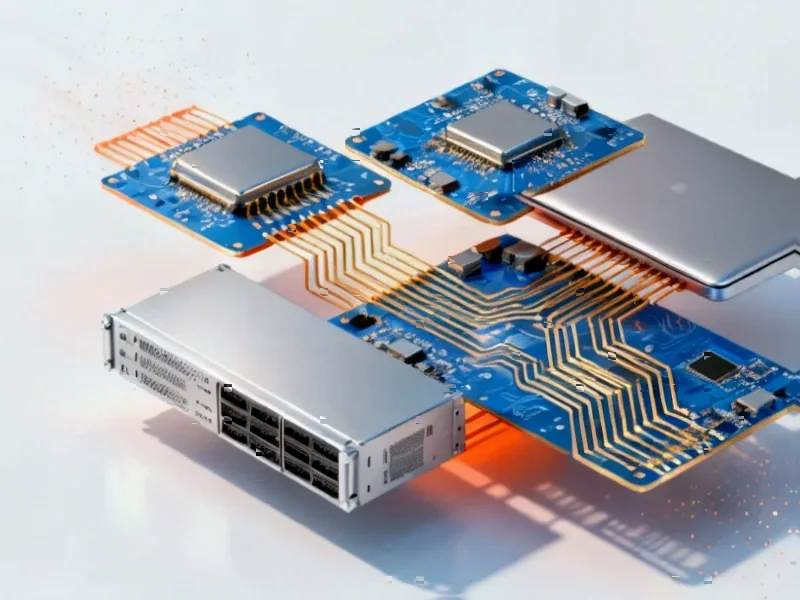According to DIGITIMES, Foxconn Technology Group Chairman Young Liu called for Taiwan and Japan to form an electric vehicle alliance during his speech at the Nikkei Forum in Tokyo. He outlined Foxconn’s strategy to remain a design and manufacturing service provider rather than becoming a branded automaker itself. Liu revealed that Foxconn’s manufacturing diversification has dramatically reduced China’s share of its total output from nearly 100% three decades ago to about 65% today. The company has expanded production to India, Vietnam, and Mexico in response to geopolitical shifts and regional production trends. Liu also discussed how AI is transforming Foxconn’s operations, categorizing it into generative AI for daily functions and disruptive AI that could reshape business models.
<h2 id="foxconns-manufacturing-shift”>The great manufacturing migration
Here’s the thing about Foxconn’s China production dropping from nearly 100% to 65% – that’s a massive strategic shift that didn’t happen overnight. Liu basically admitted they saw the writing on the wall several years ago. They noticed developing economies were expanding while underdeveloped ones contracted, and nations started prioritizing domestic prosperity. So Foxconn did what any smart manufacturer would do – they diversified early.
But what’s really interesting is their site-selection criteria. Labor availability and government policy are the top factors, alongside client consultations. It’s not just about cheap labor anymore – it’s about stability, policy support, and being where their customers want them to be. That’s why we’re seeing them in India, Vietnam, and Mexico. They’re building regional hubs that can serve specific markets while reducing geopolitical risk.
The EV playbook
Now let’s talk about Foxconn’s EV strategy, because it’s actually pretty clever. They’re not trying to become the next Tesla or Toyota. Instead, they want to be the manufacturing partner for everyone – established automakers and new EV startups alike. Liu specifically praised the synergy between Taiwan’s agile ICT sector and Japan’s automotive precision. Think about it: Taiwan brings speed and tech innovation, Japan brings manufacturing excellence and quality control.
And they’re already putting this into practice. Liu mentioned Sharp’s concept vehicle at the 2025 Japan Mobility Show and said Foxconn will deepen partnerships with Japanese automakers. This isn’t just talk – they’re building the relationships and infrastructure to make this alliance work. The goal? Strengthen both countries’ competitiveness in the global EV market while avoiding the brand wars.
How AI is changing everything
Liu’s breakdown of AI into two categories tells you how seriously they’re taking this transformation. Generative AI handles the daily grind – meeting transcription, translation, data collection. But disruptive AI? That’s the game-changer that could fundamentally reshape their entire business model.
Think about what that means for a manufacturing giant like Foxconn. We’re not just talking about automating some assembly lines. Disruptive AI could completely reimagine how they design products, manage supply chains, and even how they partner with clients. When the chairman of one of the world’s largest manufacturers says AI can reshape business models, you should probably pay attention.
Why this matters now
So what does all this tell us? Foxconn is executing a multi-pronged strategy: diversify manufacturing geographically, position as the go-to EV manufacturing partner, and transform operations with AI. They’re not just reacting to market changes – they’re trying to anticipate and lead them.
The Taiwan-Japan EV alliance makes perfect sense when you think about it. Both countries have complementary strengths, and both face similar geopolitical pressures. By combining forces, they can compete more effectively against Chinese EV makers and Western giants. And with Foxconn’s manufacturing expertise and global footprint, they might just pull it off.




